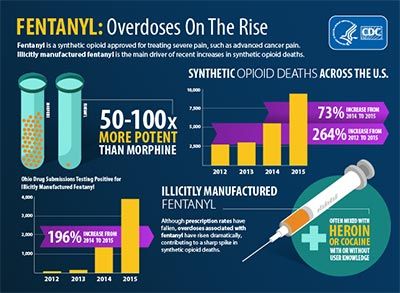In recent years, there has been a concerning rise in the use of synthetic drugs among individuals, particularly in the tech community. These drugs, also known as designer drugs, are chemically produced substances that mimic the effects of traditional drugs such as marijuana, cocaine, and ecstasy. While they may seem like a safer alternative, synthetic drugs pose serious risks to users and can have devastating consequences on their health and well-being.
The Dangers of Synthetic Drugs
One of the biggest dangers of synthetic drugs is that their composition is often unknown and can vary significantly from batch to batch. This makes it extremely difficult to predict how a person will react to them and increases the likelihood of overdose and poisoning. In fact, many synthetic drugs have been linked to numerous deaths and hospitalizations across the globe.
Furthermore, synthetic drugs are often laced with other harmful substances, such as rat poison or detergent, which can cause serious health problems and even lead to long-term damage or death. The lack of regulation and oversight in the production and distribution of synthetic drugs makes them a dangerous choice for those seeking a quick high or escape from reality.
The Tech Community and Synthetic Drugs
In the tech community, where long hours and high stress are common, the use of synthetic drugs has become increasingly prevalent as a way to cope with the demands of the industry. Many individuals working in tech turn to synthetic drugs as a means of enhancing their performance, staying awake for longer periods, or simply as a form of recreation.
However, the pressures of the tech industry combined with the use of synthetic drugs can have serious consequences on both physical and mental health. Addiction, anxiety, depression, and cognitive impairments are just some of the potential side effects of long-term use of synthetic drugs. Additionally, the stigma surrounding addiction and mental health issues in the tech community can prevent individuals from seeking help and support when they need it most.
Recovery and Support
If you or someone you know is struggling with synthetic drug use, it is important to seek help and support as soon as possible. Recovery from synthetic drug addiction is possible, but it requires a commitment to change and a willingness to seek professional treatment and counseling.
There are a variety of resources available for individuals seeking support in overcoming synthetic drug addiction, including rehab centers, support groups, and counseling services. By reaching out for help, individuals can begin the journey towards recovery and a healthier, more fulfilling life.
Conclusion
The rise of synthetic drugs poses a significant threat to individuals, particularly those in the tech community who may be more susceptible to their allure. It is crucial to educate ourselves and others about the risks of synthetic drug use and to provide support and resources for those who may be struggling with addiction.
By working together to raise awareness and promote recovery, we can help combat the rise of synthetic drugs and ensure a healthier and safer future for all.
